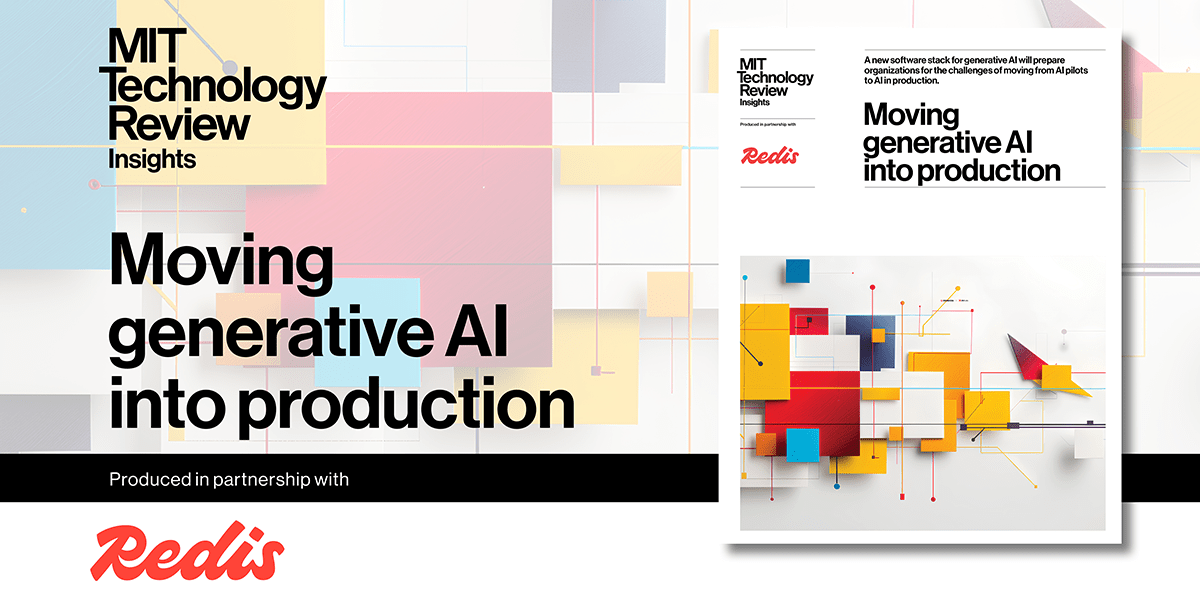However, difficulties in successfully deploying generative artificial intelligence continue to hold back progress. Companies know that generative AI could transform their business—and that if they don’t embrace it, they’ll be left behind—but they’re facing obstacles during implementation. As a result, two-thirds of business leaders are dissatisfied with the progress of AI adoption. And while in Q3 2023, 79% of companies said they planned to deploy generative AI projects in the next year, only 5% said they had use cases in production by May 2024.

“We’re just at the beginning of figuring out how to make AI deployments more efficient and effective,” says Rowan Trollope, CEO of Redis, which makes real-time AI data platforms and accelerators. “The cost and complexity of implementing these systems is not simple.”
Estimates of the potential GDP impact of generative AI range from nearly $1 trillion to a staggering $4.4 trillion annually, with projected productivity impacts comparable to those of the Internet, robotic automation, and the steam engine. Although the promise of accelerated revenue growth and cost reduction remains, the path to achieving these goals is complex and often costly. Companies need to find ways to efficiently build and deploy AI projects with well-understood components at scale, Trollope says.
Download the full report.
This content was created by Insights, MIT Technology Review’s own content section. It was not written by the MIT Technology Review.



